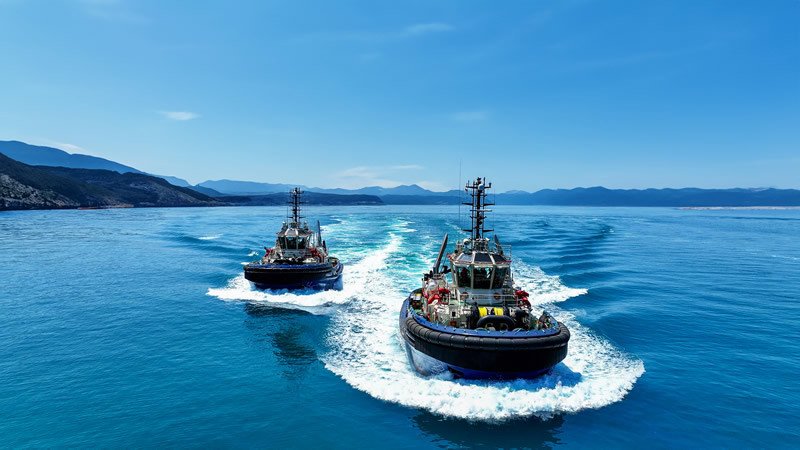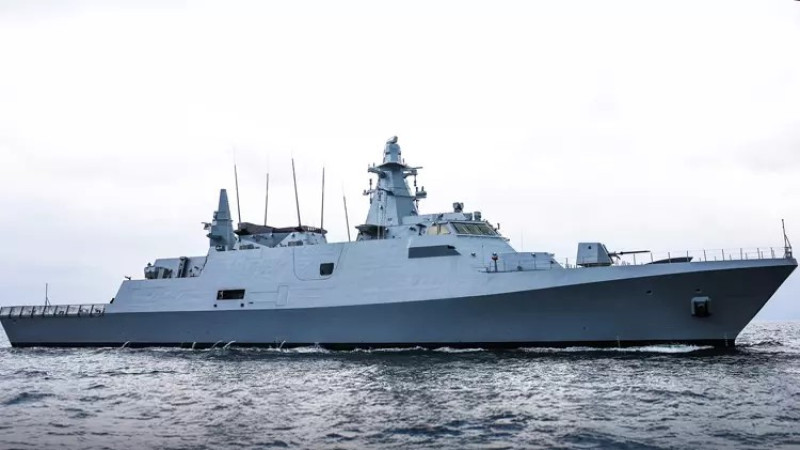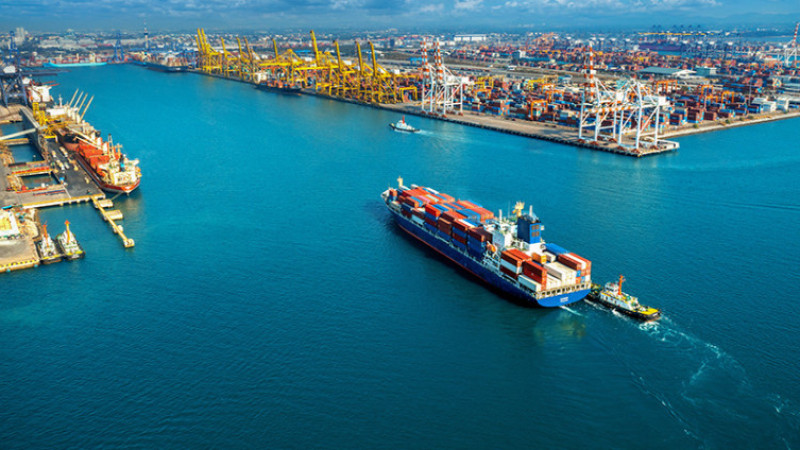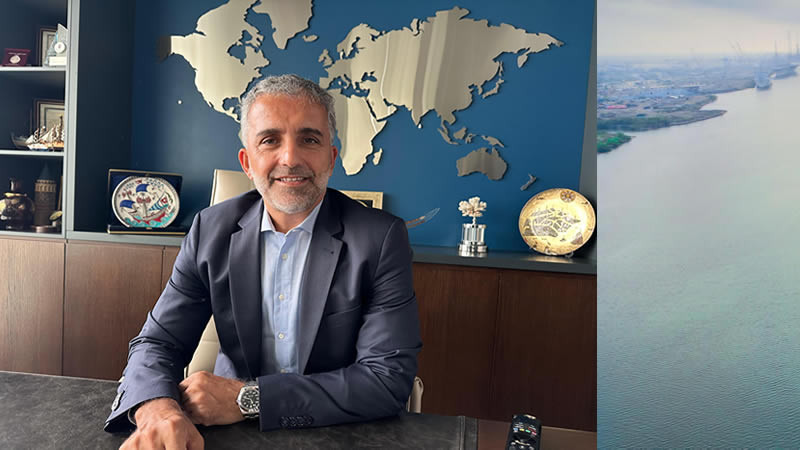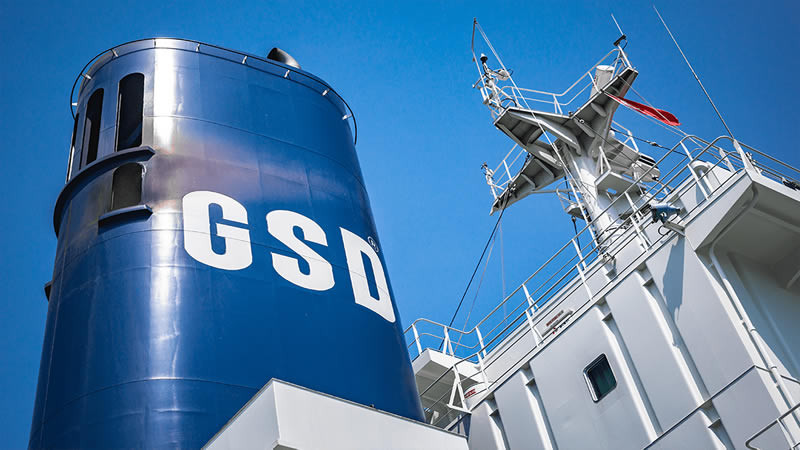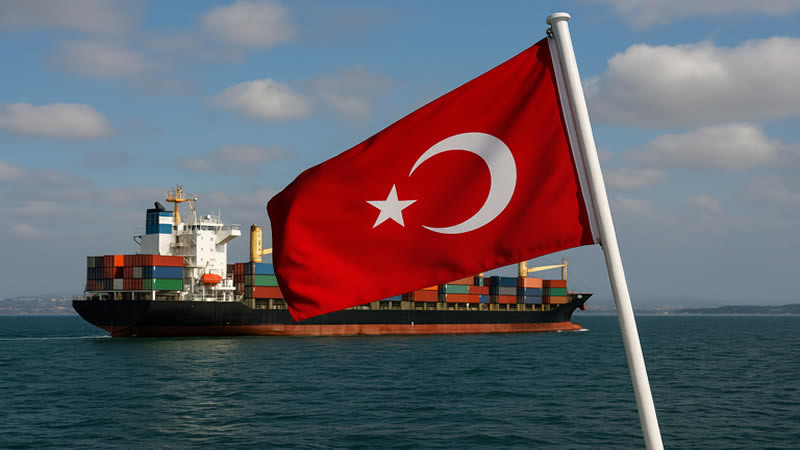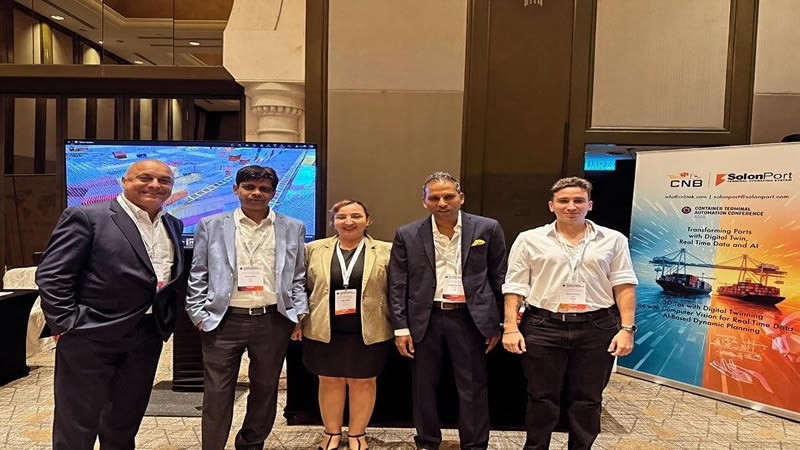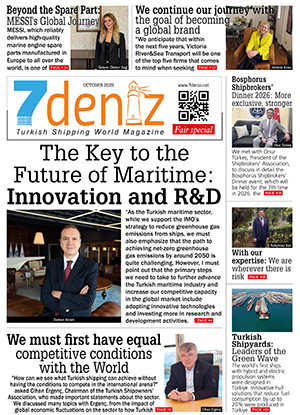Carbon Tax Ushers in a New Era for Maritime Transport
New carbon regulations are reshaping cost and operational dynamics across the shipping industry.
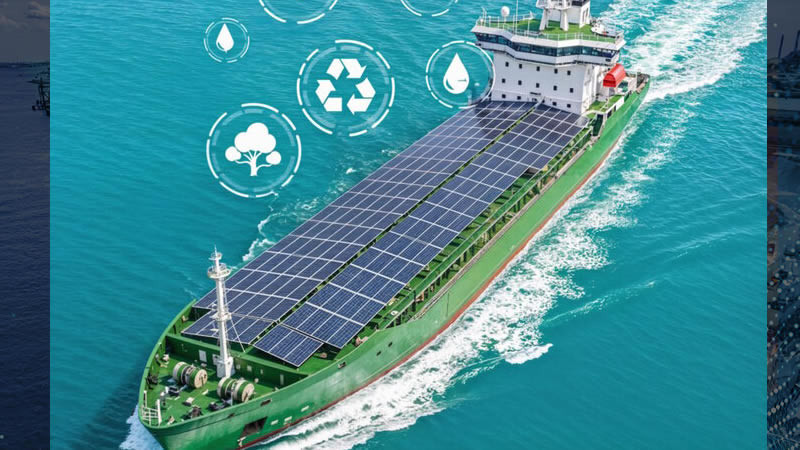
As of 2025, maritime transport—the backbone of global trade—is facing a wave of new regulations aimed at reducing carbon emissions. The inclusion of the shipping sector in the European Union’s Emissions Trading System (EU ETS), along with the International Maritime Organization’s (IMO) 2030 and 2050 climate targets, is forcing logistics companies to rethink their cost structures. These new measures are transforming industry dynamics across a wide spectrum, from fuel costs to operational planning.
Ali Demircan, Operations Director at Lanes Logistics, shared insights on the impact of these regulations and their potential cost implications for maritime transport.
With the expansion of the EU ETS, ship operators are now required to pay a carbon price for their greenhouse gas emissions. This has led to a noticeable increase in freight rates, particularly for voyages to European ports.
“We now have to factor in carbon costs alongside fuel expenses,” said Demircan. “These new regulations are significantly driving up freight rates and adding extra costs across the entire supply chain.”
Investing in Alternative Fuels and Green Technologies
To comply with the regulations, companies are turning to alternative fuel options such as LNG, biofuels, methanol, and hydrogen. However, this transition brings substantial short-term investment and operational costs.
“Green transformation is inevitable for the future of the industry,” Demircan noted. “But investments in alternative fuels and fleet renewal are costly at the outset. The key is to turn these short-term increases into long-term competitive advantages.”
A New Competitive Edge: Carbon-Free Logistics
As customers and global brands place increasing importance on carbon footprints within their supply chains, the nature of competition in the sector is shifting. Carbon reporting is becoming just as critical as price and delivery time.
“Clients are no longer focused solely on cost—they’re also looking for solutions that reduce emissions,” Demircan explained. “Companies that can provide transparent carbon reporting are gaining a competitive edge in the market.”
Preparing for the Future: Compliance and Digitalization
According to the International Energy Agency (IEA), demand for marine fuels is expected to remain flat between 2024 and 2030 due to tightening regulations and economic uncertainty. These new rules not only increase costs but also introduce complex reporting obligations. Logistics firms must now invest in carbon monitoring, reporting, and verification systems.
Demircan emphasized the role of digitalization in meeting these demands:
“Carbon reporting is no longer a process that can be done manually. Companies with strong digital infrastructure will be the ones to turn this challenge into an opportunity.”



